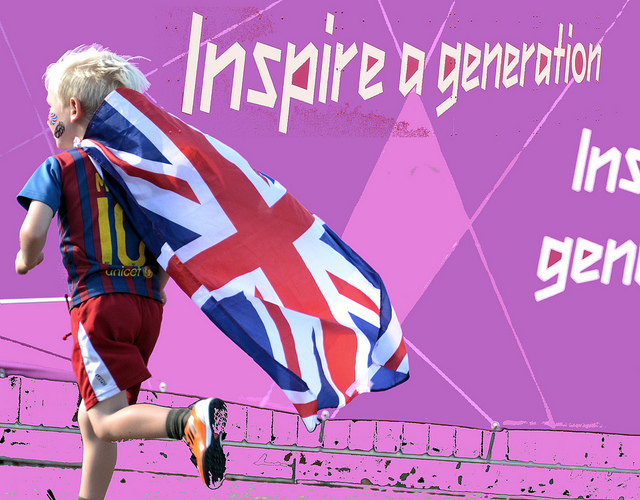
(Image from Effective)
Positive Economic Impacts
Sola (1998) states that there are many economic impacts of mega-events which are stated below and to get a better understanding of them I have put them into context using the South African World Cup in 2010.
- Increased tourist volumes both directly and indirectly - Easy Travel (2013) write that since the World Cup, South Africa saw an 8.6% increase in the number of tourists arrivals in the first quarter of 2013. During the World Cup itself, South Africa attracted 300,000 visitors, 60% of which had never visited the country before. The increase in tourists helps the local economy as tourists spend money in local businesses such as hotels and restaurants.
- Publicity for the host nation increasing the knowledge of their culture and by portraying a positive image - Bac (201) stated that hosting the 2010 World Cup altered the landscape for tourism in southern Africa and as a result of hosting the world Cup the country has been branded as a tourist destination which is based around the development of global sporting events. This new brand for South Africa could see an increase in tourists which in turn would see the local economy benefiting.
- Improvements to Infrastructure and building of a new stadia leading to prosperity during and after the event - Humphreys (2010) writes that the South African government spend $1.48 billion, on new football stadium construction and renovation to existing stadiums for the World Cup. He states that five new football stadiums were built to host World Cup matches, and five existing stadiums were renovated and enlarged. Humphreys (2010) believes that this improvement in stadia could benefit the ABSA Premiership due to an increase in the number of seats available for fans to watch the matches.
As well as positive impacts, hosting a mega-event can also result in negative impacts and an example of this is the 2004 Greek Olympics. Malkoutzis(2012) writes that hosting the Greek Olympics cost almost €9 billion and as a result made the 2004 Games the most expensive ever at that point and as a result of this large expenditure Greek taxpayers had to pay for €7 billion. Within days of the closing ceremony, Greece warned the euro area that its public debt and deficit figures would be worse than expected. Malkoutzis (2012) writes that the Olympics was not the only factor to bring about the economic collapse in Greece as he believes that public debt which totalled €168 billion also played a high part. However, he argues that the Olympics enlarged the economic problems that Greece was facing.
Implications of this issue for my future career
The economic impacts of an event is something I as a future event manger will need to carefully plan in order to reduce the chances of my event incurring negative economic impacts. The ways in which I can try and insure my event has positive economic impacts is by creating a budget which is managed and referenced throughout the planning stage. In addition, research into similar events could be carried out before the event is planned in order to see if they have encountered any negative economic impacts and whether there are management techniques which can be used to stop them reoccurring. I believe that the economic impacts is an important part of creating a successful event as many events are organised to make a profit.




